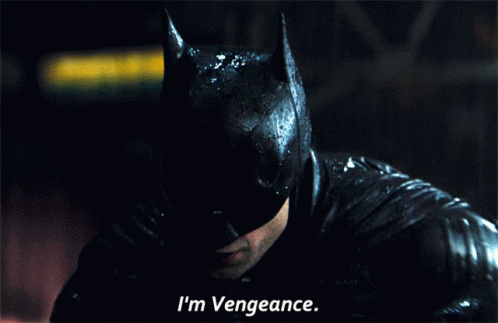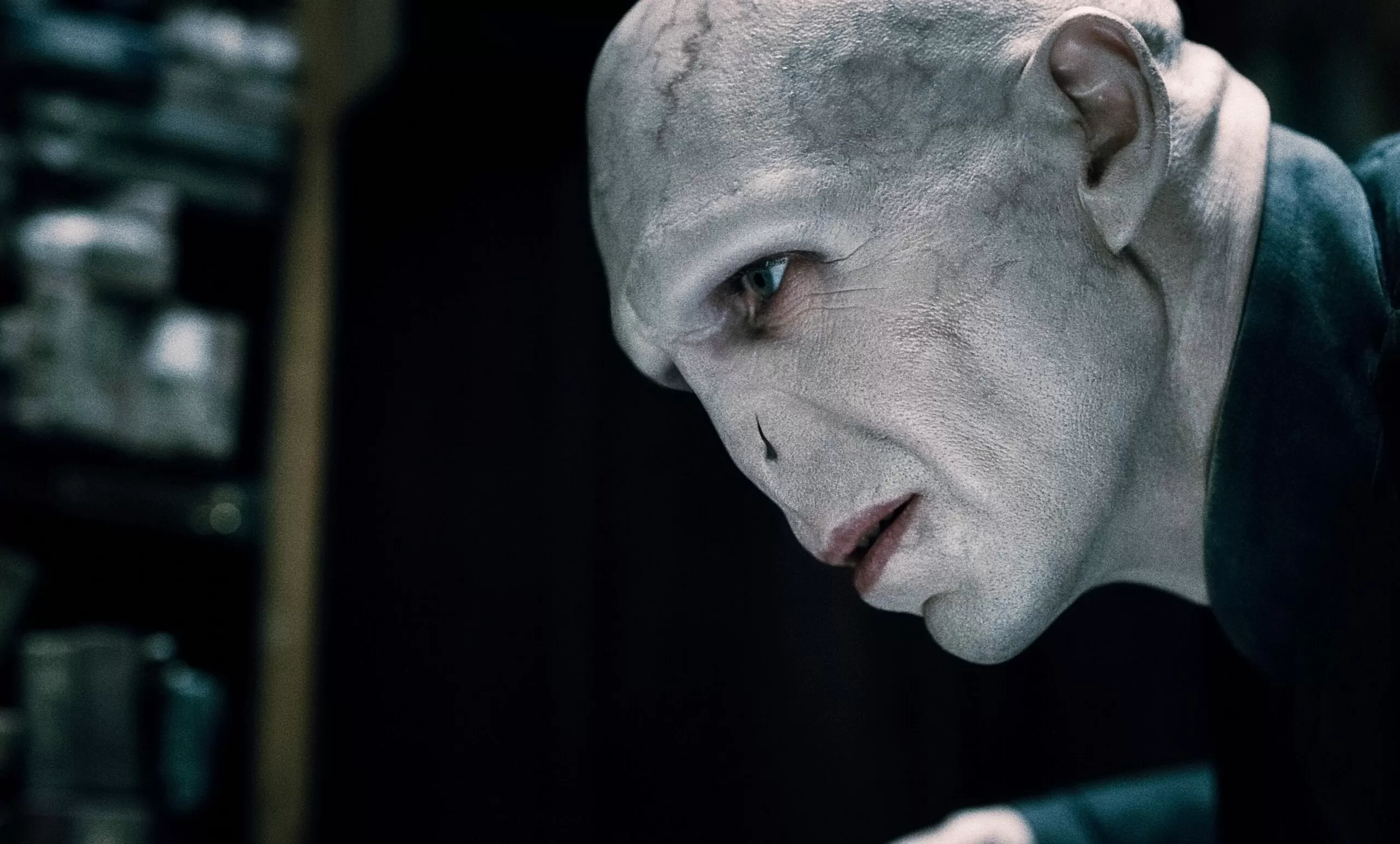According to Nucci (2014), Criminal Law is the branch of the legal system that is concerned with and takes care of the most serious existing conflicts, and should be used as the legislator's last resort to enforce laws before society, using punishment as a means of sanction and coercion, also having the function of limiting the punitive action of the State, avoiding abuses of individual freedoms.
1. PHASES OF CRIMINAL LAW
Criminal law can be divided into phases throughout history, from antiquity to the present day: divine revenge, private revenge and public revenge.
It is worth highlighting here that they do not follow a sequential order, since throughout history they emerged in a disorderly manner in societies, with this classification existing only for didactic purposes (ASSIS, 2018).
Greco (2017) explains that divine revenge was the law applied by priests, those who supposedly had direct contact with God.
Individuals who broke a taboo were punished as a way of appeasing the deities in the face of disobedience.
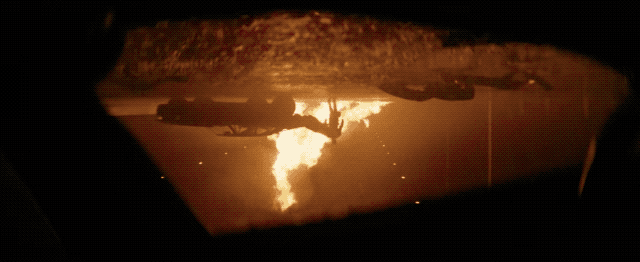
We have private revenge, which consisted of the simple and pure retribution for the evil committed, and could be exercised not only by the victim, but also by their relatives or even by the social group they were part of (NUCCI, 2014).
2. JUSTICE INTO YOUR OWN HANDS
Taking justice into one's own hands was never successful, since in essence it was an authentic form of aggression, and it ended up generating a counter-reaction and a vicious cycle that tended to lead to the extermination of clans and groups (NUCCI, 2014).
Seeing the destructive power that private revenge caused in society, public revenge was created, in which the head of the tribe or clan assumed this punitive task, centralizing the power to punish, and not giving room for counterattack (NUCCI, 2014).
During this period, the Law of Talion emerged, with the Talion criterion prevailing (an eye for an eye, a tooth for a tooth) in which the wrongdoer should suffer the same harm he had caused to others (NUCCI, 2014).
Today, the state has a monopoly on the power to punish, striving for social justice and preventing private revenge. And that's where Batman comes in.
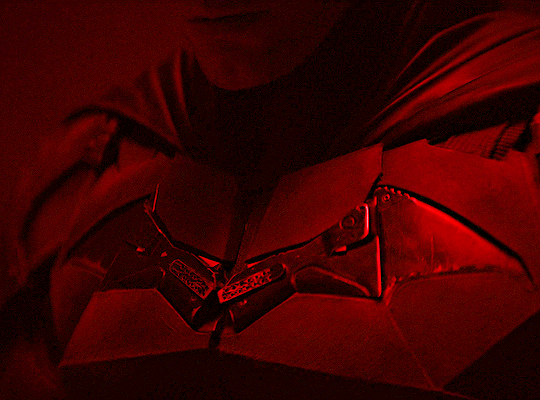
3. BATMAN
Batman is the secret identity of Bruce Wayne, who after his parents were killed, swore revenge against criminals, promising to bring justice to the decaying city of Gotham.
He is an American billionaire, owner of Wayne Enterprises, playboy, philanthropist, and business magnate. With the help of his family fortune and a few allies, he combats his enemies with ultra-advanced resources and equipment.
In fiction (not so much fiction), Batman is the result of the failure of the State, which, faced with the inertia and impunity of the city's justice system, decides to take justice into its own hands, reminding us of the private revenge of antiquity.
Gotham is a city dominated by the mafia, marked by intense and profound inequalities and political, economic, and social ills, in which the government is unable to reverse this situation due to the corruption rooted in state structures.
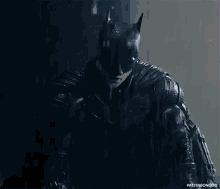
Dórea (2016) explains that in the face of Gotham's bankruptcy, Batman acts legitimately, despite being illegal, before society, aiming to achieve social justice that the State is unable to achieve, as it gives applicability to legal norms that had lost effectiveness due to corruption.
It is also evident that it challenges the State and the legal order, since it offends the State's monopoly on the power to punish (DÓREA, 2016)
BIBLIOGRAPHICAL REFERENCES
ASSIS, Ismael de Oliveira. Direito e a História da Vingança Divina, Privada e Pública. Colloquium Socialis, Presidente Prudente, v. 2, 2018. Disponível em: http://www.unoeste.br/site/enepe/2018/suplementos/area/Socialis/Direito/DIREITO%20E%20A%20HISTÓRIA%20DA%20VINGANÇA%20DIVINA%20PRIVADA%20E%20PUBLICA.pdf. Acesso em: 1 mar. 2022.
DÓREA, Maíra Morena Mariani Dias. Batman: O Cavaleiro das Trevas – Uma Análise sobre a Legitimação da Autotutela Diante da Ineficácia do Poder de Punir do Estado. 2016. Monografia (Graduação em Direito) – Faculdade Baiana de Direito, Salvador, 2016. Disponível em: http://portal.faculdadebaianadedireito.com.br/portal/monografias/Maíra%20Morena%20Mariani%20Dias%20Dorea.pdf. Acesso em: 1 mar. 2022.
GRECO, Rogério. Criminal Law Course. 19th ed. rev. and updated. Niterói: Impetus, 2017. ISBN 978-85-7626-930-4.
NUCCI, Guilherme de Souza. Manual of Criminal Law. 10th ed. rev. and updated. Rio de Janeiro: Forense, 2014. ISBN 978-85-309-5462-8.
